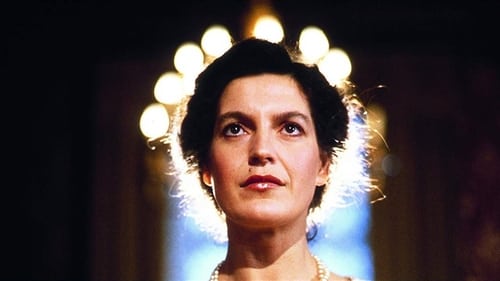
Suse
Johanna (Katharina Thalbach) has fled Nazi Germany to visit a friend in Finland, and from there she continues on to her friend's family's estate. Once at the estate, Johanna passionately argues with her friend's pro-Nazi brother and at the same time, falls for the second, good-looking brother who shares her own anti-fascist feelings. The two are soon engaged in an active sexual relationship that continues as they travel north to an Arctic port.

Edith runs a left-wing journal and when her marriage starts to fall apart (her husband is unfaithful), she can find no solace in her son who is more of a problem than an asset. On top of heading toward a divorce and being unable to handle her son's asocial tendencies, her neurotic uncle moves in, demanding personalized care. Just to keep her sanity intact, Edith starts writing in her diary to vent her own feelings and ambitions. As her son goes from bad to worse over a five-year period, it turns out that Edith's diary may be of more benefit than she could have ever imagined. In this adaptation of Edith's Diary by Patricia Highsmith, director and writer Hans W. Geissendoerfer has maintained Highsmith's psychologically tormented characters while changing the location and time of her story from the U.S. of the 1960s to Germany in the early 1980s.

Hungerjahre is a movie about adolescence in 1950s West Germany, in which director and scriptwriter Jutta Brückner comes to terms with her own memories.

